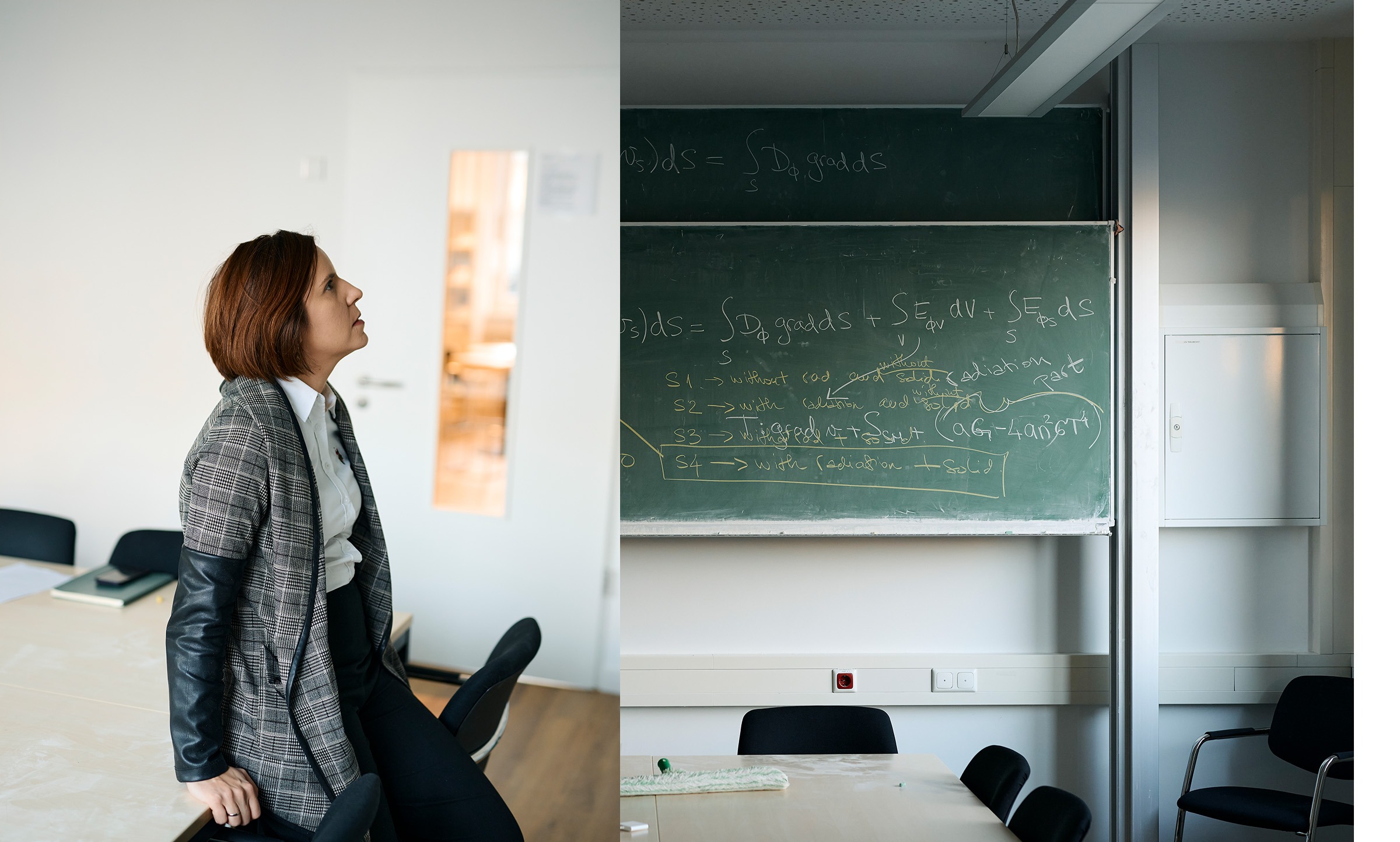
Coffee, Confidence & Research Culture: Dr. Amra Hasečić on What Helps Women Thrive in STEM
“Believe that your place in research is not only possible but necessary!” – in the second part of our chat with Dr. Amra Hasečić, we have asked her about her experience as a women in stem, tipps for future women in science, and of course: about her life here in Münster. Learn more about Amra’s ideas on the essentials of a family-friendly research system, and why “Nein, Schoki, nein” became her favourite German expression – by the way: she is not talking about chocolate & her kids.
You missed part one of our interview? Find it here to learn more about Amra’s fascinating reseach in Computational Fluid Dynamics, where she is teaching AI to improve our understanding of complex flows.
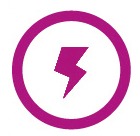
Dr. Amra Hasečić
Researcher in Machine Learning in Fluid Dynamics
Host Institute: Mathematics Münster (Cluster of Excellence)
Scientific Host: Prof. Dr. Mario Ohlberger
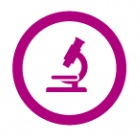
Research Project
Machine learning for multiphase flows with radiative heat transfer – MANIFOLD
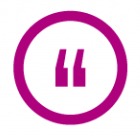
Amra’s research helps …
…optimize industrial processes, cut energy consumption, and foster a more sustainable future for everyone.
Reflections, Visions & Values – Science and Society
What do you like most about the lifestyle of a researcher? And what do you like least about it?
What I like most is the freedom to follow curiosity and explore new questions every day. The fact that every day is different from previous one and that you learn all the time. That you have the ability to shape your day, and work schedule the way it fits you best. What I like least is that research never really feels finished — it can be hard to switch off, especially when balancing work and family.
What advice would you give to young women entering research today?
My advice would be: don’t let prejudice stop you. A career in science doesn’t have to mean choosing between private and professional life, as long as research is truly what you love. Like any job, the driving force is passion — if you love what you do, it doesn’t really feel like work. And with today’s digital tools and opportunities for international short-term collaboration, it’s easier than ever to connect both worlds and enjoy research without feeling guilty.
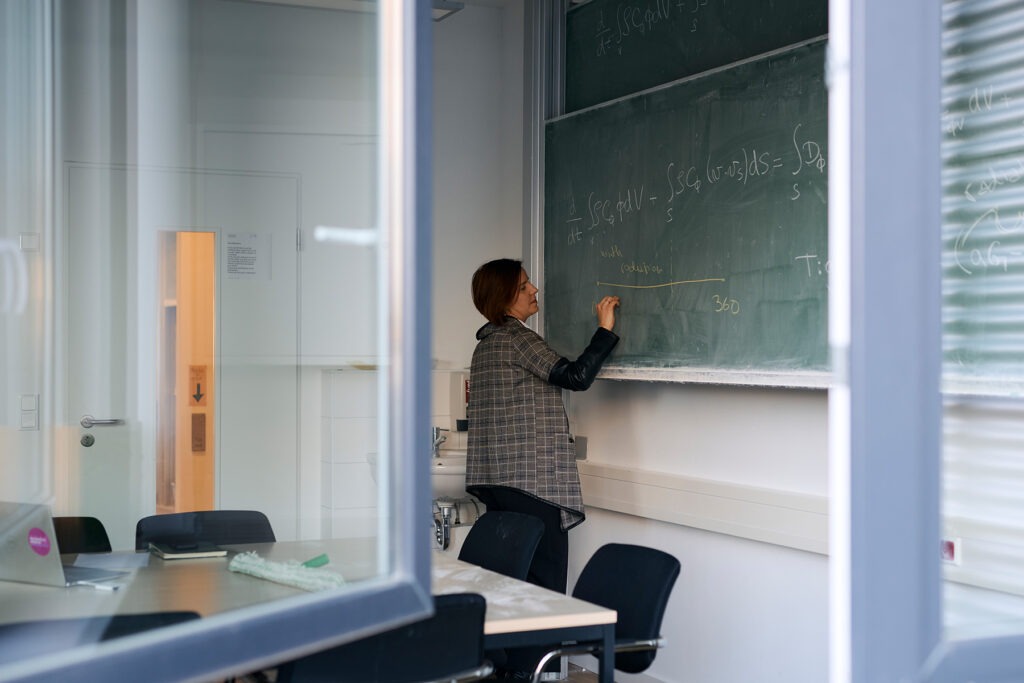
And if you could send one message to future women in research, what would it be??
Believe that your place in research is not only possible but necessary. The future of science needs your ideas, your perspective, and your courage.
If you could give three pieces of advice to Germany’s Minister of Research, what would you suggest to improve the situation for women in research?
First, ensure more flexible childcare and family support structures — because many women leave research when they cannot balance family and career.
Second, create more transparent and supportive career paths, with mentoring and leadership opportunities designed for women.
Third, invest in long-term funding schemes that provide stability, since insecurity often pushes women out of academia before they reach senior positions.
Your Research experience in Münster
What is your favorite place in Münster?
Süd Park, lake Aasee, city center… I really cannot name just one place.. we fell in love with Münster in general and the spirit of the city.
What surprised you most about the University of Münster?
What surprised me most about the University of Münster is how everything is truly in service of researchers and their work. When you come as a mother of small children to a new country, that support becomes perhaps the most important thing. From the streamlined administration to the available childcare options, resources, and understanding environment, I felt that the whole system is built to let researchers focus on science while knowing their families are supported as well.
What’s the biggest difference between the academic system you last worked in and the one in Germany?
The biggest difference I noticed is how much more structured and supportive the German system is for researchers. In Bosnia, academics often spend a lot of time dealing with administration, funding struggles, or even basic infrastructure issues. Here in Germany, many of those burdens are lifted — the system is designed so that researchers can dedicate their time and energy to science. That focus on creating the right conditions for research really makes a difference.
What is your favorite German word – and why?
Actually, it’s not a single word but a phrase: “Nein, Schocki, nein.” Let me explain. When I was with my family in Münster this summer, there was a neighbor’s cat named Shocki who loved to come into our backyard to play with my kids. After a while, the cat started trying to sneak into the house. At first, I told him in Bosnian, my native language, “Ne Schocki, ne,” but he didn’t even react. It took me several tries to realize that since Shocki was a German cat, I had to speak German. So I tried “Nein, Schocki, nein,” and all of a sudden, the cat stopped in his tracks. We all burst out laughing, and from that moment on, “Nein, Schocki, nein” became a phrase we used not only in Münster, but also back home. So whenever I think about the German language, this phrase is the first thing that comes to mind. 😊
